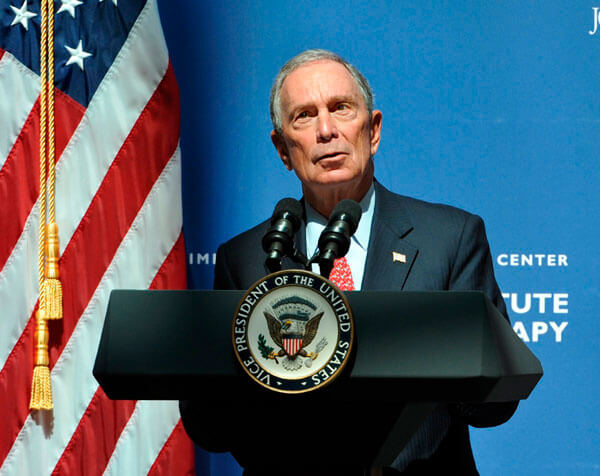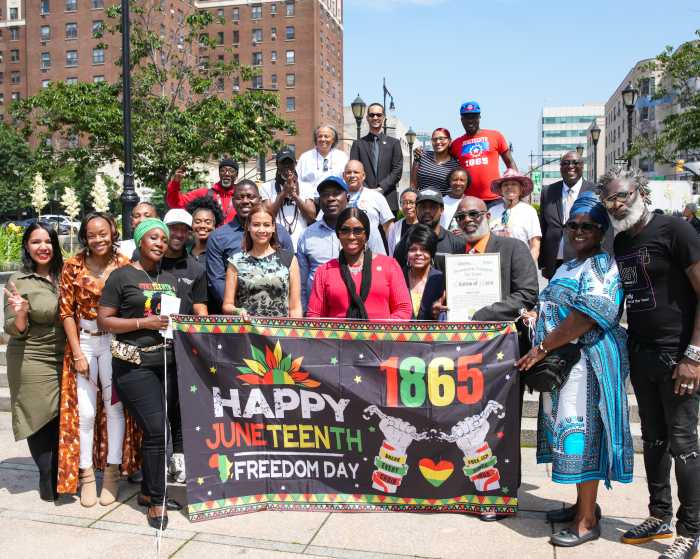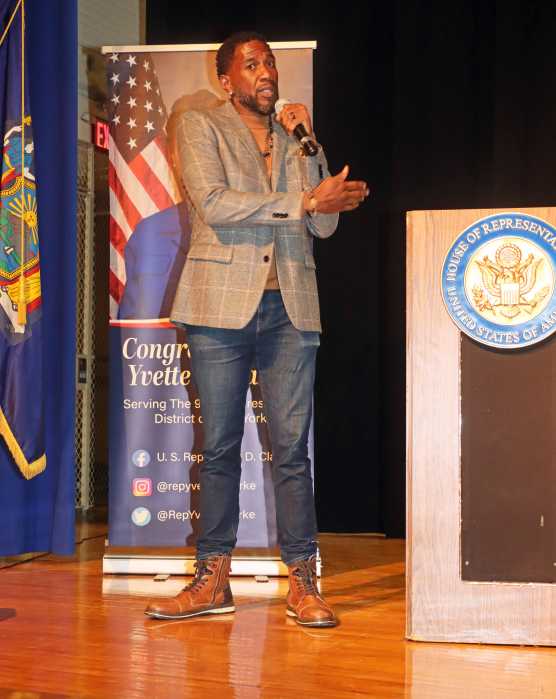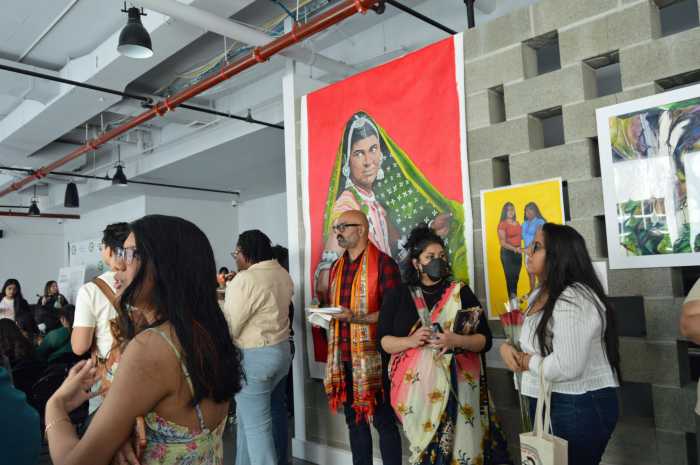The New York-based Bloomberg Philanthropies on Wednesday, May 4 announced that 290 cities across Latin America and the Caribbean have submitted ideas to solve major challenges and improve city life for the 2016 Mayors Challenge.
Bloomberg Philanthropies, headed by former New York City Mayor Michael Bloomberg, in a release states the ideas offer insight into the needs of communities and priorities of local leaders in the region.
The release indicates that seven in 10 ideas aim to address a social or economic challenge, while the remaining 30 percent focus on improving government effectiveness and efficiency.
Seventy-one percent of cities generated ideas to address major social or economic challenges, such as social inclusion for vulnerable populations (23 percent); sustainability (20 percent); economic growth (13 percent); education (9 percent); public health (8 percent); and improving the overall effectiveness and efficiency of government (29 percent).
The Bloomberg Philanthropies, which works in more than 120 countries around the world to ensure better, longer lives for the greatest number of people, indicated that a series of themes emerged from the ideas.
These included leveraging technology and citizen engagement to improve government performance; emphasis on public awareness initiatives, citizen participation and digital solutions to prepare for and address natural disasters; and interest in entrepreneurship and digital learning to improve education.
Other themes included promoting the inclusion of vulnerable populations through job creation, better use of public spaces and technology; and improving public health through wide-ranging citizen engagement strategies.
“Cities in Latin America and the Caribbean are some of the most innovative in the world, and they are proving it with their entries in our latest Mayors Challenge,” said Michael R. Bloomberg, founder of Bloomberg Philanthropies and a former three-term mayor of New York City.
“The hundreds of proposals present exciting new ways to tackle problems across the region, and they have the potential to have a big impact on the lives of millions of people,” he added.
The release indicated that a survey taken of participating cities showed “significant city hall interest in innovation, but a lack of resources needed to experiment.”
More than half of participating cities report regularly borrowing ideas from cities in the region or even from around the globe when faced with a tough problem, the organization said.
According to the survey, three out of five cities said they usually or always “crowdsource” ideas from citizens when they are faced with a tough problem.
Just one out of five participating cities report usually having access to public or private funding to test new ideas, according to the survey.
The 290 Mayors Challenge applicants represent over 172 million citizens in 19 countries across the region, Bloomberg Philanthropies said.
It said participating cities span the entire region, with 71 percent from South America, 20 percent from Mexico and 9 percent from Central America and the Caribbean.
Seventeen capital cities in the region submitted ideas to the competition — from Santiago to Brasilia to Mexico City to Kingston (Jamaica), Bloomberg Philanthropies said.
“This is a region of the world with a rich history of public sector innovation,” said James Anderson, the head of Bloomberg Philanthropies’ Government Innovation program. “The ideas coming from the Mayors Challenge build on that legacy.”
The current applicants emerged from more than 900 Latin American and Caribbean cities which were invited by the Mayors Challenge in January 2016 to compete.
Cities had until April 15, 2016 to generate and submit their innovative ideas to improve city government and city life. Modeled on successful competitions in the United States and Europe, the 2016 Mayors Challenge will award US$5 million grand prize and four US$1 million awards to four other cities that generate the most powerful and transferable ideas.


























